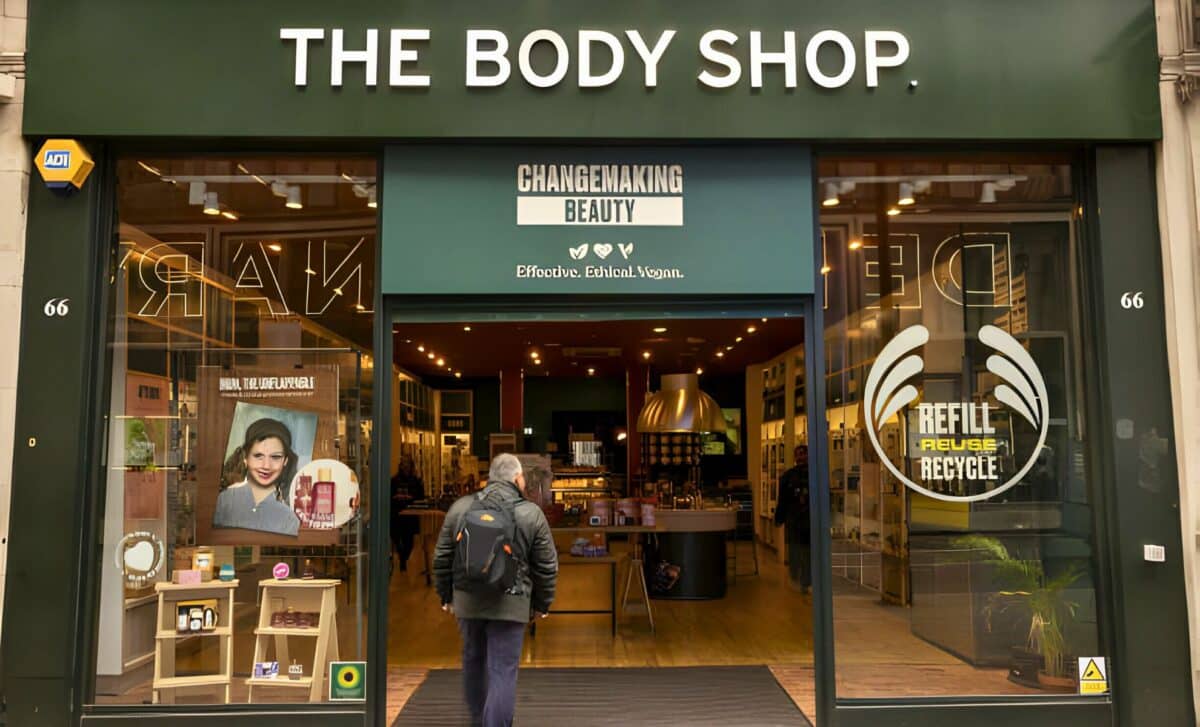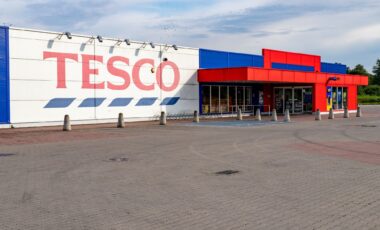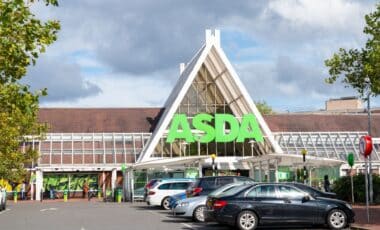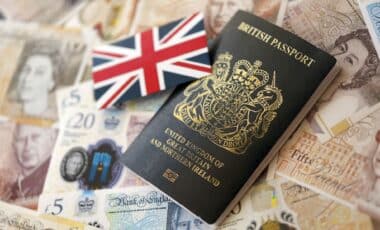For years, British high streets have been battling a perfect storm of challenges. The rise of online shopping, coupled with increasing operational costs, has forced retailers to reconsider their physical presence. According to recent figures from the Centre for Retail Research, a staggering 13,479 stores closed in 2024, with small independent retailers accounting for a majority of these losses. This marked a 45.5% increase compared to the previous year.
But it’s not just small businesses feeling the strain. Larger retail chains also shuttered over 2,100 stores, citing insolvency proceedings and cost-cutting measures as primary reasons. This growing trend highlights a sector under significant pressure, where store closures now average 37 per day.
Economic pressures, including increased employer contributions to National Insurance and a higher minimum wage, have compounded the challenges for businesses. Retailers, particularly those in lower-profit sectors, are finding it increasingly difficult to keep their doors open.
January’s Closures: A Look at the Affected Brands
WHSmith
This iconic retailer, known for its stationery and book offerings, continues to face difficulties on high streets. Following the closure of its Boscombe branch in June 2024, WHSmith will now shut its Old Christchurch Road store in Bournemouth on January 18. Despite these closures, the chain is investing in travel-focused outlets, planning to open 15 new locations at airports and train stations.
Shoe Zone
The budget footwear retailer Shoe Zone plans to close 20 locations this month. The company has cited rising costs, including those linked to government-imposed financial measures, as a key factor in its decision.
Homebase
Once a major name in DIY retail, Homebase continues to scale back after entering administration in 2024. While 70 stores have been saved, four locations remain on the chopping block, including sites in Derry/Londonderry, Omagh, Inverurie, and Glenrothes.
Greggs
Known for its sausage rolls and other bakery staples, Greggs has closed a branch in Coventry. While the company insists this is not part of a broader downsizing strategy, the closure has left local customers disappointed.
Deichmann
The German footwear chain Deichmann will close its Newport city centre store on January 11. Customers will need to travel to the Cwmbran location for future purchases.
New Look
Fashion retailer New Look is reassessing its footprint, with 25% of its 364 UK stores under review as leases come up for renewal. The company attributes this move to rising operational costs, which have accelerated the pace of closures.
Monki
Part of the H&M group, the youth-oriented fashion chain Monki has announced the closure of two stores. The Newcastle Intu shopping centre store closed on January 2, with the Manchester Arndale Centre location set to shut its doors on January 17.
Starbucks
Even the global coffee giant Starbucks is not immune to change. Two branches, including one on Dumfries High Street, will close this month. Staff from these locations are expected to be offered positions at nearby stores.
The Body Shop
The eco-conscious beauty brand The Body Shop has confirmed the closure of two longstanding stores. Locations in Sheffield (Orchard Square) and Norwich (Castle Street) will cease trading on January 15.
Matalan
Discount fashion and home retailer Matalan has shut its Chester store, citing plans to redevelop the site.
The Entertainer
The toy retailer The Entertainer closed its Edinburgh Cameron Toll shopping centre store on January 4 after a decade of operation.
Iceland
The frozen food retailer Iceland has closed two stores: one in Exeter (Alphington Road Retail Park) and another in Borehamwood (Shenley Road). Selected Iceland products will continue to be available at nearby stores, such as The Range.
What Lies Ahead for High Streets?
The closures highlight an ongoing challenge for high streets to remain relevant and sustainable. While some chains are pivoting towards smaller, more profitable locations in transit hubs, others are scaling back to focus on their online presence.
The broader implications of these closures extend beyond shopping habits. They impact local economies, employment, and the vibrancy of community spaces. As more doors close, questions remain about how high streets can adapt to changing times and whether they can regain their place at the heart of British towns and cities.
For consumers and businesses alike, the beginning of 2025 sets the tone for another year of significant change in the retail sector.









